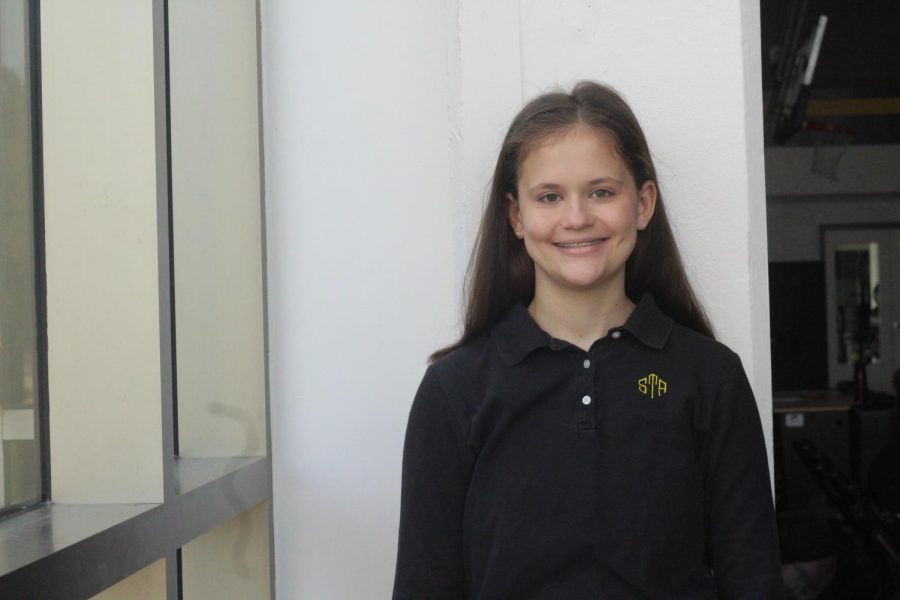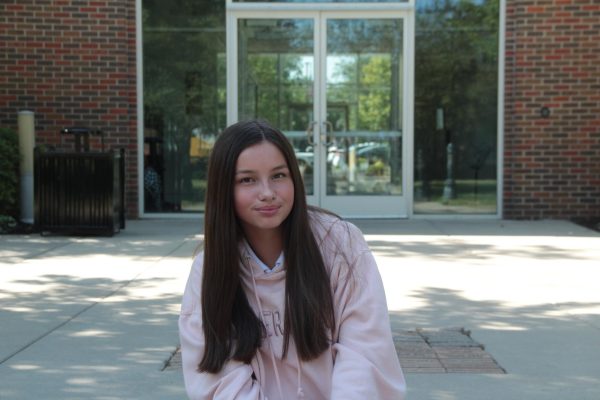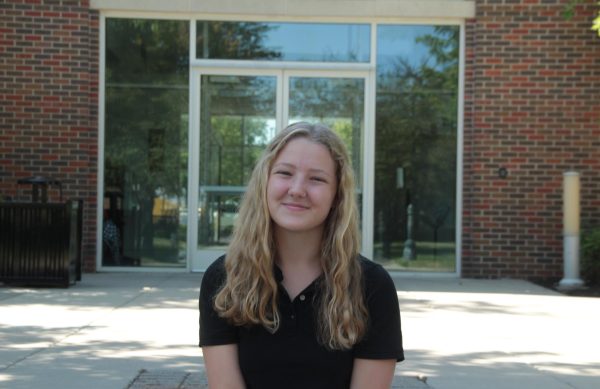We need to normalize diversity and representation in media
As an audience, we need to see minority characters for more than their differences in order to normalize diversity in media.
November 26, 2020
Back when it was still safe to go to theaters, I loved going to see movies. Each summer during middle school, my friends and I would head over to the Cinemark on the Plaza about once a week to watch a movie. I would plop down into my soft chair, lean back and enjoy the movie, never realizing how lucky I was. Because in every movie we saw, I never doubted that there would be someone who looks like me.
There was one particular instance from middle school that has always stood out to me. I don’t know what movie we saw or remember anything specific from the rest of the day, but I vividly remember walking out of the movie theater, dumping my popcorn bucket in the trash, and hearing my friend Anya say, “I loved that character because she is Muslim.” I had to take a step back and think about it for a minute. Anya herself is Muslim, and, while I was ignorant about the religion and race of the characters, it was something that she actively considered with each movie. I was ashamed that this was something I had never thought of before, and I still am to this day.
Media is something that has always been very white-washed in the United States. According to Statista, only 6.8% of Oscar Best Actor winners have been minorities. While only 27.6% of lead actors in movies in 2019 were minorities. The representation of people of color in media is not near proportionate to their actual population numbers in real life. In my opinion, it is unacceptable that there are children that have to grow up not seeing actors with their same skin color, religion, sexuality or gender identity. Hollywood truly needs to step up their game on representation and step outside of the stereotypical roles that are usually given to minority actors.
In my opinion, to do this, we as the audience need to take steps to normalize these minority characters as well. I think a good example of this would be the movie “Love, Simon.” I distinctly remember being enthralled with the movie because, as an ally to the queer community, I was overwhelmed by emotion seeing a member of the LGBTQ community as the main character in a movie— I had never really experienced representation like that before.
After the movie, I gushed about how much I loved it. But looking back, I realized I didn’t actually really like the movie at all, just the representation. Yes, it was revolutionary and incredibly important to the LGBTQ community. However, it didn’t do anything to normalize queer representation. Simon’s main personality trait in the movie was being gay. The audience didn’t get to experience him as a character outside of his sexuality, so, in my opinion, the movie was only seen as a movie for LGBTQ individuals, rather than a movie for everyone that happened to feature a gay character. In my opinion, we need to see minority characters for more than what makes them different to truly normalize diversity in media.
On the other end, I think that other forms of media should follow the example of “Black Panther,” as it has the perfect balance. The movie has a diverse cast and many Black individuals found it empowering to see a Black superhero, which is incredibly important. However, that’s not all it was about. T’Challa, Shuri, Okoye and more have stories outside of their race. They have strong personalities and do normal superhero things, which not only empowers people of color, but also normalizes Black representation in film.
In the end, diversity in media is incredibly important. And, yes, Hollywood does need to cast more people of color, queer individuals in movies. However, it is also up to the audience to normalize how we perceive these characters.











